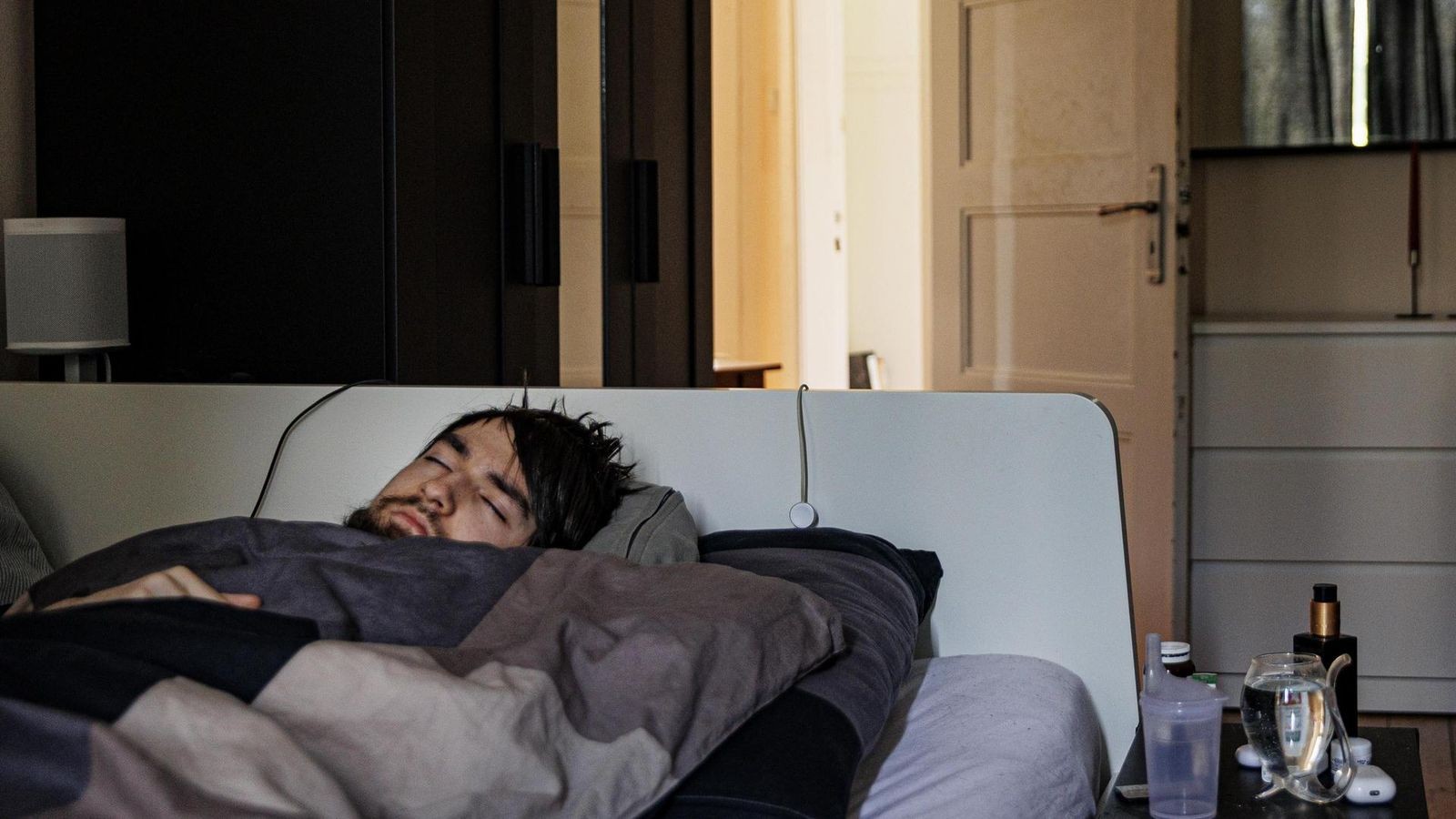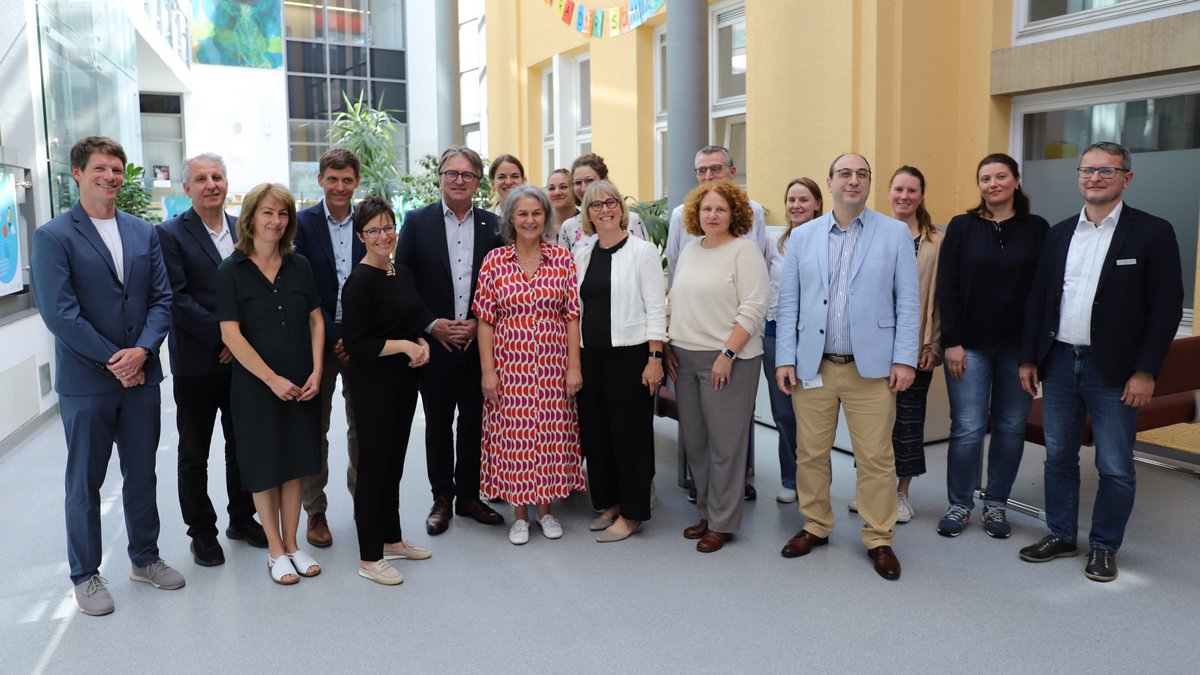Long Covid Research Awaits Government Support
Despite
significant scientific progress, German researchers still face a
lack of government funding for developing treatments—especially for
ME/CFS, a severe condition triggered by Long Covid, causing
extreme fatigue, pain, and cognitive issues.
Dr.
Carmen Scheibenbogen from
Charité Berlin has identified
promising therapies, but her
research funding application was rejected. She was told Long Covid is “
no longer relevant” due to fewer new cases, despite the fact that
up to 2.5 million people in Germany could be affected.
Without
public funding for basic research,
pharmaceutical companies won't invest in drug development. Experts stress that companies need
a deeper molecular understanding of the disease first—something only
academic researchcan provide.
Scheibenbogen’s team has already discovered that
autoantibodies, inflammation, and circulation issues play a major role in ME/CFS and Long Covid. Based on this,
existing drugs like
Uplizna could be repurposed. She reports
very positive results in initial treatments and says
clinical trials could begin quickly—potentially within
two years.
However,
funding is still missing. Ministries argue that
industry should pay, but Scheibenbogen stresses that the
necessary groundwork isn't finished yet.
Progress is slowed by
persistent prejudices: ME/CFS and Long Covid are still
not fully accepted as physical illnessesby some professionals, who wrongly label them as
psychological disorders. This bias
reduces funding and delays treatment development.
Scheibenbogen notes that many patients are
severely ill, bedbound, or dependent on care, and warns of
rising suicide rates due to the lack of treatment options.
She emphasizes the urgency:
“If we could start tomorrow, we might have treatments in just two years.”
She urges the government to
act on its promises and provide the
targeted support needed for
developing effective medications—before more lives are lost or permanently harmed.







